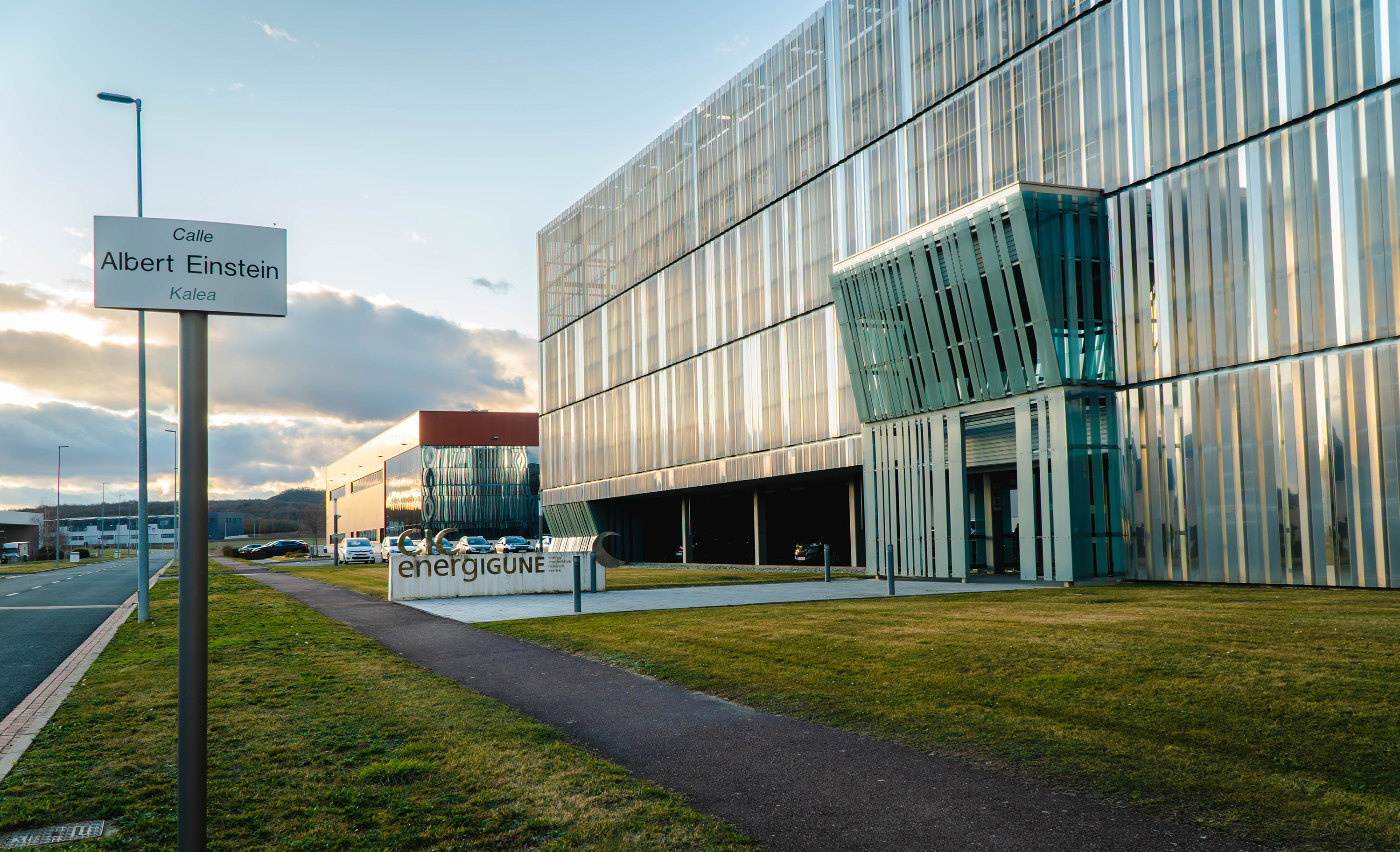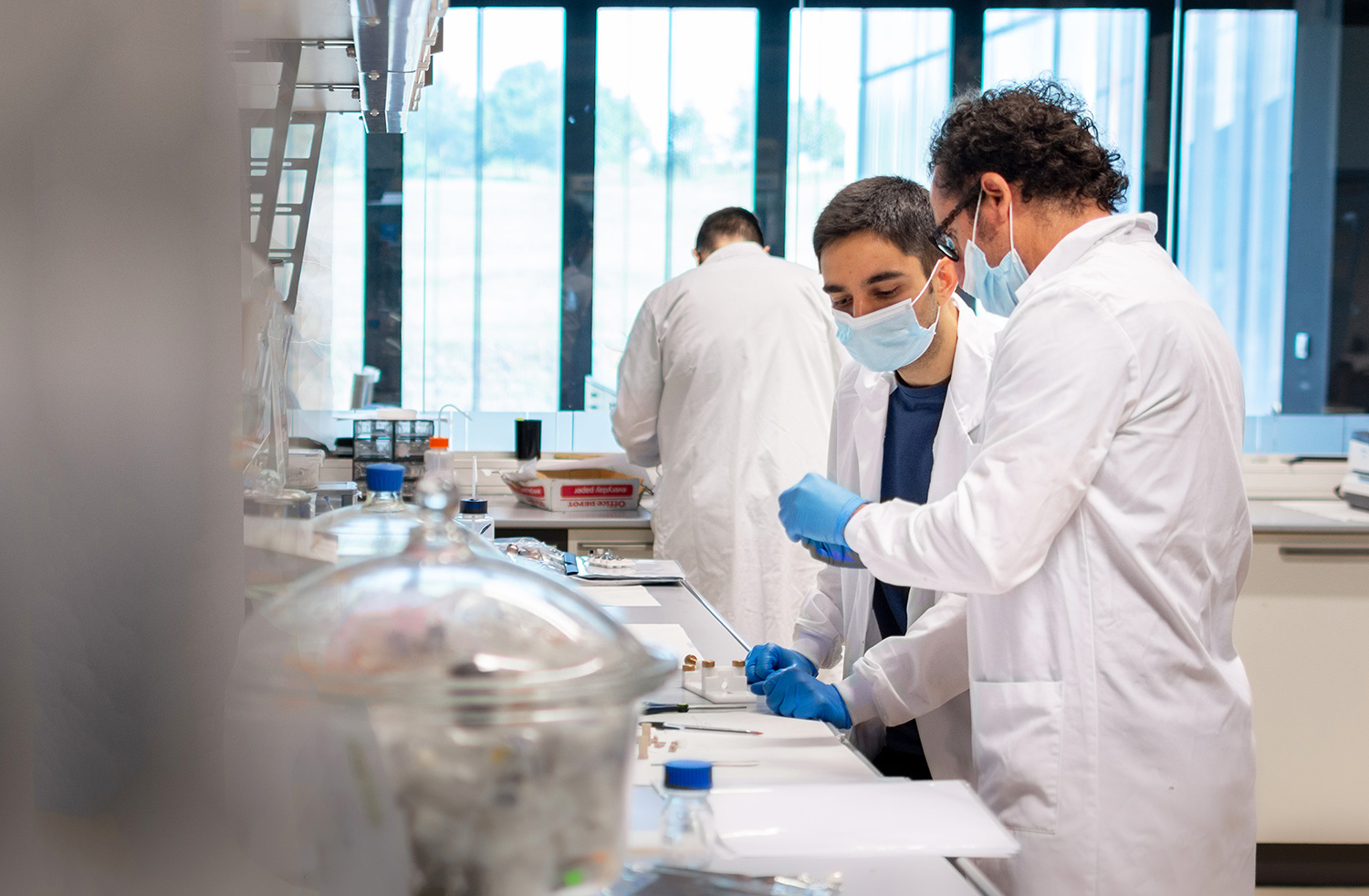CIC energiGUNE, the Basque research center of reference in battery storage, thermal energy solutions and hydrogen technologies, and member of the Basque Research & Technology Alliance-BRTA, has obtained important collaborative results in four promising lines of research linked to the overcoming the current framework of electrochemical and thermal energy storage technologies that will facilitate the global energy transition process. The work has been developed within the framework of the CICe2020 project, included in the Elkartek 2020 call of the Basque Government to promote Collaborative Research, and has focused on two main objectives: to offer different technological alternatives that are more sustainable than lithium-ion batteries for stationary storage, and to improve current thermal storage technologies.
The Elkartek CICe2020 project has been led by CIC energiGUNE, as a reference center in energy storage, with the participation of four other BRTA centers (Tecnalia, Tekniker, Ikerlan and Cidetec), together with the UPV/EHU and Mondragon Unibertsitatea universities, and the BERC Polymat center.
“The results of this project confirm that, in the medium term, the Basque industry is going to be able to develop and industrialize disruptive products related to stationary storage”, said Montse Casas, scientific coordinator of CIC energiGUNE. “Moreover, it has shown the great capacity of the Basque ecosystem, since eight entities have collaborated in its development, five of which are part of the BRTA”.
The work has led to 4 major breakthroughs, with innovative results. Of these, three correspond to the search of an efficient alternative to the current lithium-ion technologies, which is the dominant option in the international market and which “hides several technological, economic and environmental challenges that clash with European development objectives”, the Basque center reminded.
In this sense, the three lines of research applied to the stationary sector within the CICe2020 have been: research on materials and analysis of their behavior for sodium batteries; development of materials for metal-air batteries; and research on a new generation of redox-flow batteries based on an organic aqueous electrolyte.
Regarding research on sodium-ion batteries, work has focused on the development of new materials (anodes, cathodes and electrolytes) with the aim of improving the electrochemical performance of this type of batteries, as well as the control and optimization of the processing and prototyping of the cells manufactured with these materials. Specifically, in the CIC energiGUNE laboratories very relevant results have been obtained, such as the improvement of energy density up to 20% and the large-scale processing of a sodium cathode and anode in the stage immediately prior to industrialization.





